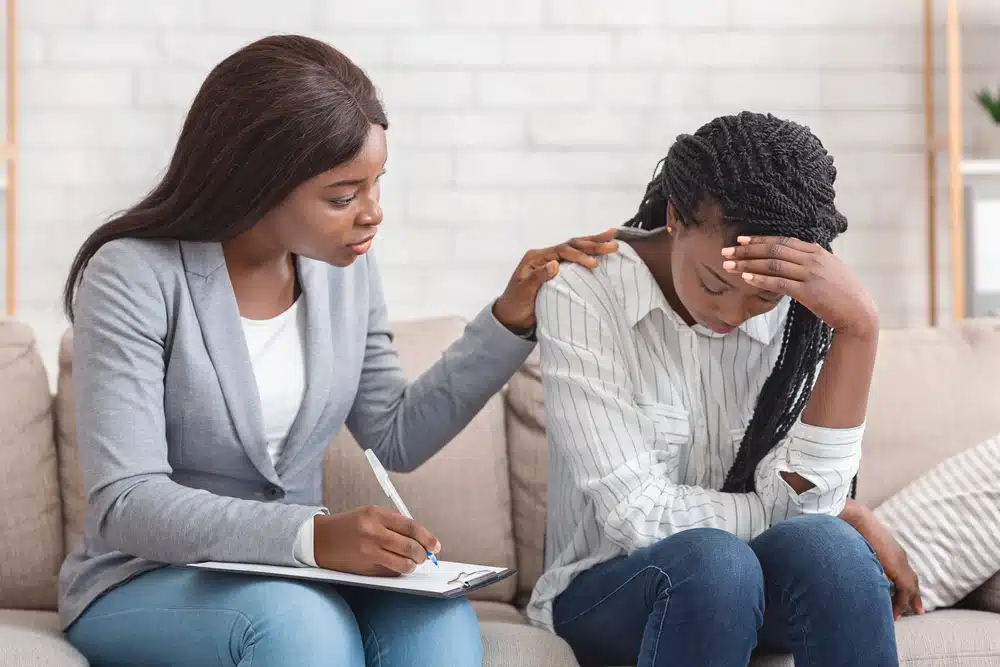24/7 Helpline:
(866) 899-111424/7 Helpline:
(866) 899-1114
Learn more about Bipolar Disorder Treatment centers in Union County
Bipolar Disorder Treatment in Other Counties

Meridian – Union County Clinic
Meridian Union County Clinic offers outpatient treatment for individuals with alcohol and/or substan...








































Other Insurance Options

Evernorth

CareFirst

Medical Mutual of Ohio

Optum

Optima

Molina Healthcare

State Farm

Health Partners

Health Net

Providence

BlueCross

Access to Recovery (ATR) Voucher

EmblemHealth

Sutter

MHNNet Behavioral Health

Absolute Total Care

Private insurance

ComPsych

Lucent

Covered California